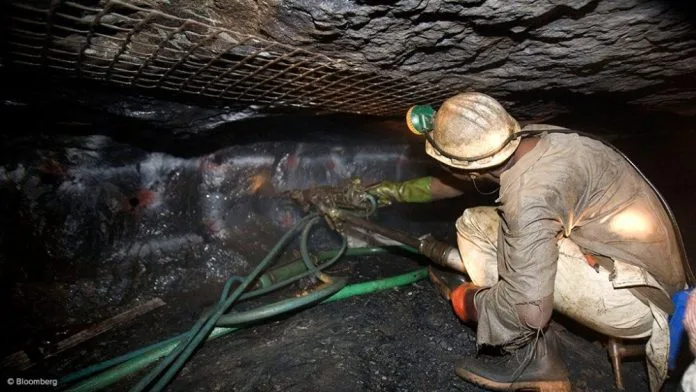Residents of Mogalakwena, Lephalale, and Fetakgomo-Tubatse local municipalities in Limpopo are aggrieved over the destruction of their homes and their animals dying due to water pollution as a result of illegal mining in the region.
Three communities have filed complaints with the SA Human Rights Commission (SAHRC) on the detrimental effects of noise and pollution caused by illicit mining.
They further alleged that mining houses have compromised their food security by depriving them of their fertile land. They use the land for grazing and sustenance farming.
Destroyed houses, grazing fields and contaminated water
The affected communities have testified before the commission for the past three days. Their testimony detailed how disruptive mining operations destroyed their homes and communities.
Additionally, public declarations by local governments and other provincial agencies were made. The declarations are regarding their inadequate efforts to safeguard impacted populations. They include the Department of Mineral Resources and Energy (DMRE).
SAHRC Limpopo provincial manager Victor Mavhidula confirmed the issues. He said over the years, they have received and investigated complaints of human rights violations. These were due to mining activities, with environmental rights and socioeconomic rights being the most violated.
“The commission will reflect on the testimony submitted during the inquiry. It will carefully analyse and follow-up on submissions from all the parties. Particularly the complainants and mining companies. Illegal mining has adverse impact on all communities that are involved,” he said.
Two municipalities absent at inquiry
He expressed his disappointment that two municipalities did not come before the commission.
Meanwhile, several mining companies presented before the inquiry. Some conceded that there are gaps in how they balance operations. These include the protection of human rights in the province.
Advocate Sandra Makwasha, chairperson of the inquiry, said there are speculations on who is involved in illegal mining. However, they will monitor that aspect and as part of their report, they will include it.
According to Makwasha, the commission is encouraged by some of the pledges made. Especially those made by the office of the premier of Limpopo. These are to review the current framework for intergovernmental relations. To also beg other government agencies to collaborate with the commission. This in accordance with the law and the Constitution, failing which there would be repercussions.
“The commission hopes to finalise its report, with strict timeframes and forward-looking directives soon. This will be followed by a rigorous monitoring schedule and a desire to see the rights of the people of Limpopo protected. Particularly those in mining affected communities.”



